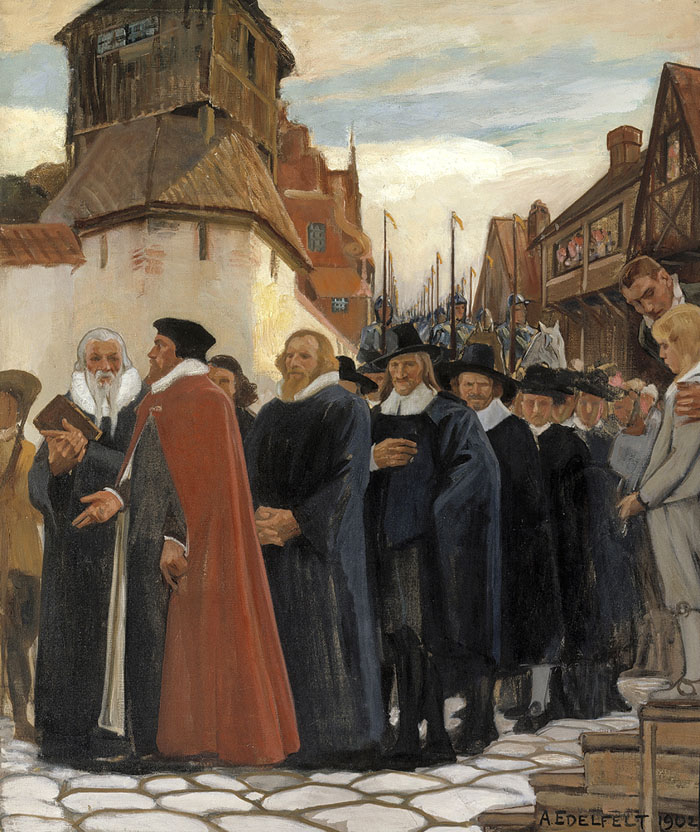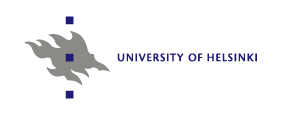- FIN-CLARIAH Research Infrastructure
A new national research infrastructure initiative FIN-CLARIAH for...
8.12.2021 8:12 by eahyvone - WarMemoirSampo published on December 3, 2021
A new “Sampo” application, “WarMemoirSampo”...
8.12.2021 8:04 by eahyvone - Five new SeCo papers accepted for the ISWC 2021
The 20th International Semantic Web Conference (ISWC 2021), the...
2.8.2021 6:53 by eahyvone
- Niks Kristofers Grislis, Kārlis Čerāns, Mikus Grasmanis, Heikki Rantala, and Eero Hyvönen: How to Add a User Interface on Top of an External SPARQL Endpoint: Case Nobel Prize Sampo
- Rafael Leal, Annastiina Ahola and Eero Hyvönen: Enriching Cultural Heritage Knowledge Graph Metadata from Finnish Texts with Large Language Models
- Michael Lewis, Eljas Oksanen, Frida Ehrnsten, Heikki Rantala, Jouni Tuominen and Eero Hyvönen: The Impact of Human Decision-making on the Research Value of Archaeological Data
- Eero Hyvönen, Petri Leskinen, Henna Poikkimäki, Heikki Rantala, Annastiina Ahola, Refael Leal, Jouni Tuominen, Senka Drobac, Ossi Koho, Ilona Pikkanen and Hanna-Leena Paloposki: LetterSampo Finland knowledge graph, data service, and semantic portal for researching epistolary data of the Grand Duchy of Finland (1809-1917)

Promoottori: Ontology-based image retrieval and browsing
"Promoottori" was a semantic search and browsing system based on RDF(S) ontologies for describing the events, persons, objects etc. related to the semantically rich traditional confernment ceremonies of the University of Helsinki. The (meta)data used was obtained from the collections of the Helsinki University Museum (the system is described in the publications below). The goal of creating this application was to publish and promote the rich cultural heritage related to the confernment sermonies of the University of Helsinki, formerly the Academy of Turku, established in 1640. The first confernment ceremony took place in 1643.
Released at the Helsinki University Museum in October 2003, this application is one of the first semantic web technology-based applications actually in use in the domain of Cultural Heritage. The work paved our way to developing the Sampo series of Linked Open Data services and semantic portals for Cultural Heritage and Digital Humanities during the next years and decades.Publications
The system is described in the following papers:


